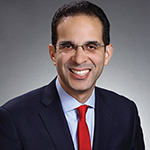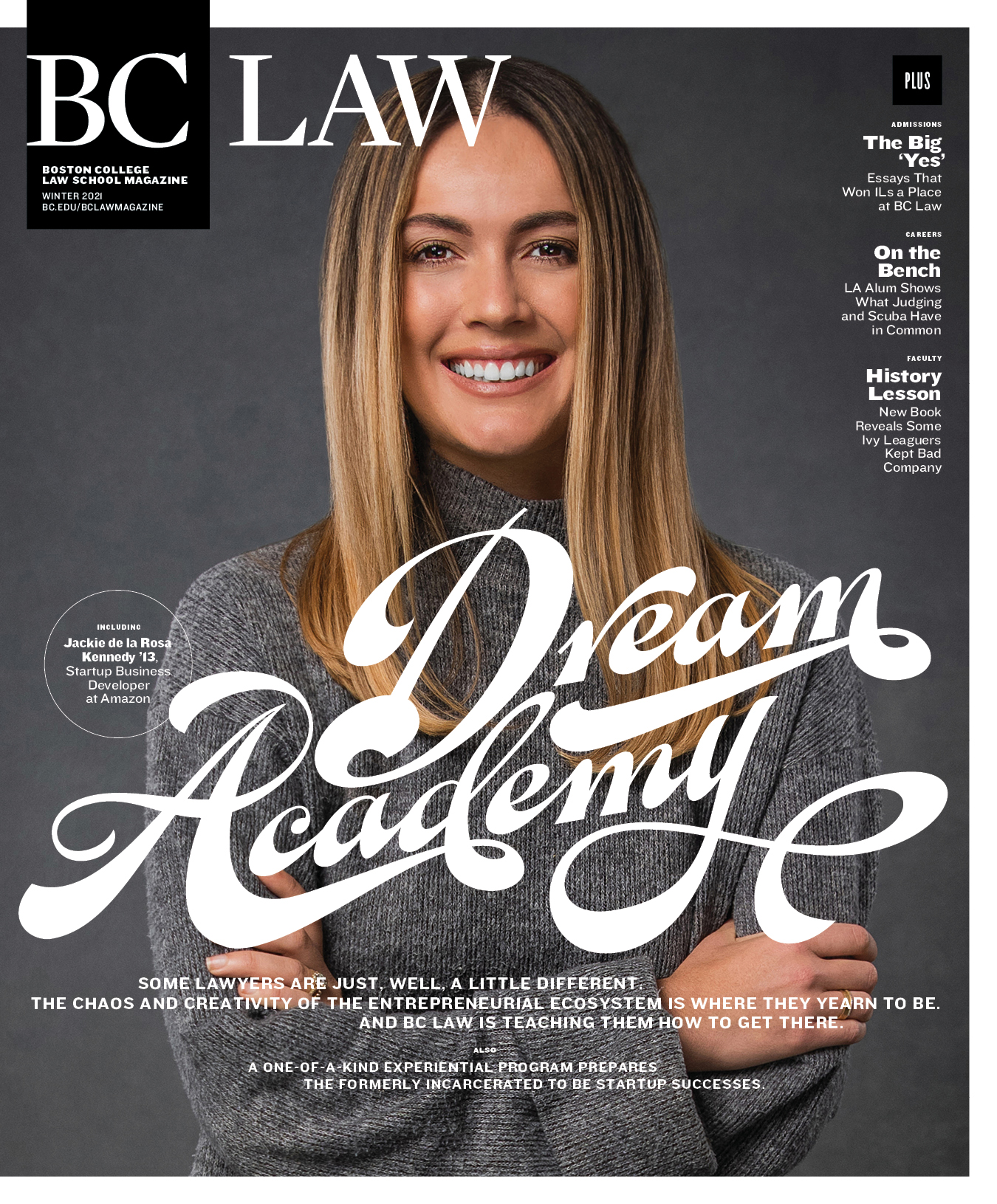
Richard Cordray: As the Rappaport Distinguished Visiting Professor at BC Law last fall, the former director of the Consumer Financial Protection Bureau and Ohio Attorney General participated in a number of Rappaport Center activities. He taught a seminar, “Consumer Finance Law and Federalism,” gave a community address, “Comparing the Economic Effects of the COVID Crisis of 2020 with the Financial Crisis of 2008,” and moderated a webinar panel on race and economic justice during the pandemic.

Franita Tolson: The USC Gould School of Law Professor discussed her forthcoming book In Congress We Trust? Enforcing Voting Rights from the Founding to the Jim Crow Era with BC Law Professors Mary Bilder and Daniel Farbman. Co-sponsored by the BC Law Legal History Roundtable and BC’s Clough Center for the Study of Constitutional Democracy, the November 13 conversation also turned to the election. A voting rights expert, Tolson was a CNN analyst for the 2020 election.

Angel Taveras: Racial injustice was the topic of an event sponsored by the Latin American Law Student Association (LALSA) and the BC Law Democrats on October 14. Taveras, mayor of Providence, RI, from 2011-2015 and the first Dominican American to hold that office, was one of three panelists. He highlighted barriers that display the unfortunate truth about voting system inequity, but also expressed hope for a brighter future as a result of the widespread mobilization of social justice warriors.

Sandra Leung ’84: On October 20, the executive vice president and general counsel at Bristol-Myers Squibb gave the BC Law-Ropes & Gray International IP Summit keynote on the intellectual property challenges that may lie ahead for the biopharma industry. Leung, who is the primary legal advisor to her company’s board and senior leadership, said the pandemic changed the world almost overnight, but that the biopharma industry has continued its mission to innovate life-saving medicines and technologies.

Aziz Huq: The University of Chicago Law School scholar joined the American Constitution Society on September 30 for a discussion about how the pandemic has exposed the risks and disappointments of federalism. He called the federal response to the pandemic “calamitous,” expressed disappointment with interstate compacts to deal with it, saw in the government’s behavior parallels to militaristic nations, but added that legal skills are “useful tools in the protection and vindication of democracy.”


